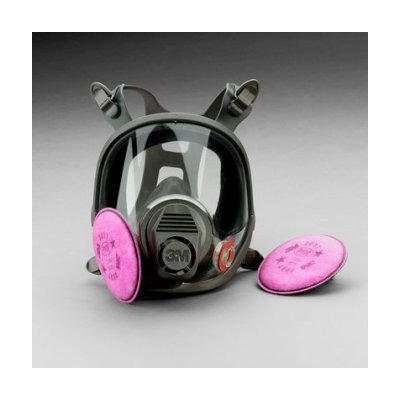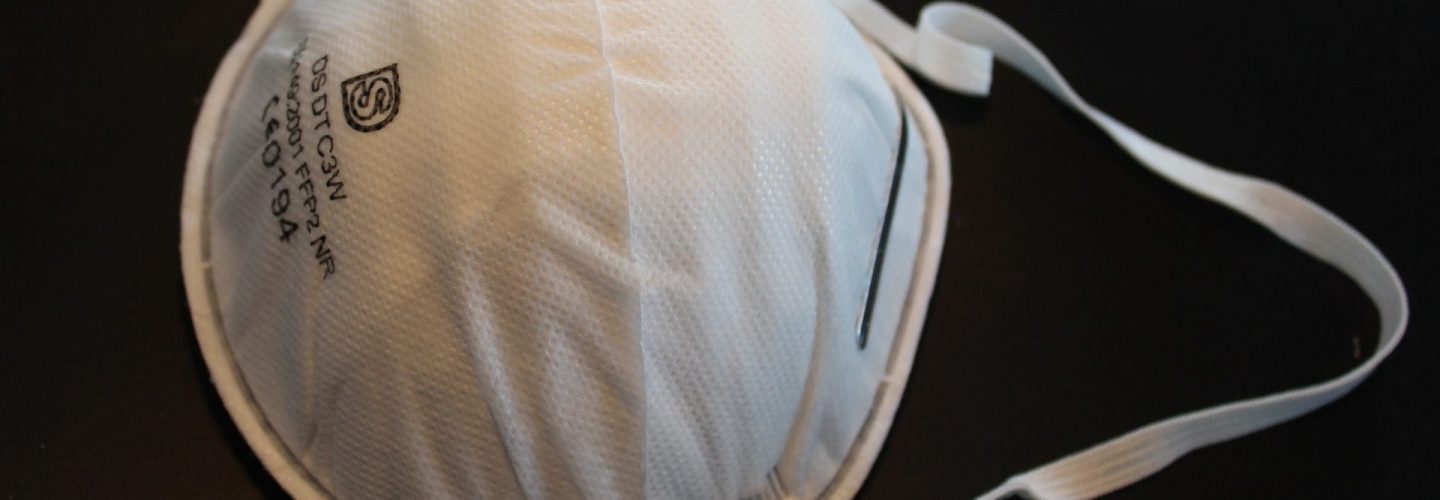A common misconception among farm employees, trades workers or homeowners, is that the difference between using a dust mask as opposed to a respirator offers little to no difference, but that is false – the difference between the two is huge.
A particulate filter, commonly referred to as a dust mask, is the most common type of air-purifying device. Largely disposable, some varieties offer a replaceable filter enabling them to be reused. Dust masks are a great protection option from liquids, mists, dust and some fumes. They do not offer protection from gases and vapors, however.
Your dust mask will have a ‘letter rating’ tied to it, rated by the National Institute of Occupational Safety and Health.
N: Not oil proof
P: Oil Proof (beyond 8 hours)
R: Oil Resistant (beyond 8 hours)
Number: Either 95, 97 or 100, indicating the one-micrometer particle percentage being removed (during clinical trials).

Choosing a respirator is a little more defined for the use. Their are several types of replaceable chemical cartridges, made of carbon filtering material which absorbs gases and vapors. Some of these chemical cartridge types include:
Chemical Cartridge – blocks vapors only
Dual Cartridge – features a pre-filter (replaceable) protecting from vapors and gases (rated the same as dust masks, see above)
PAPR (Power Air Purifying Respirator) – battery operated, blows air through filter to ease breathing
When deciding when to use a dust mask vs respirator, refer to the handy chart below!
Particulate Filter/Dust Mask:Allergens
- Asbestos
- Bacteria/Viruses
- Bleach
- Dust
- Fibers
- Insulation
- Lead
- Mold
- Paint
- Pesticides, Sprays
- Pollen
- Sanding
- Welding
Respirator/Chemical Cartridge:
- Acid Gases
- Amonia
- Organic Vapour
When to toss your dust mask/respirator:
- Toss the filter/dust mask if you smell or taste anything funny while wearing it
- Breathing becomes strained – this indicates a clogged unit
- Damp/Wet: your respirator is typically rendered ineffective when it takes on liquids
- Broken/damaged: if the seal or filter canister is damaged, it is time to toss it!

